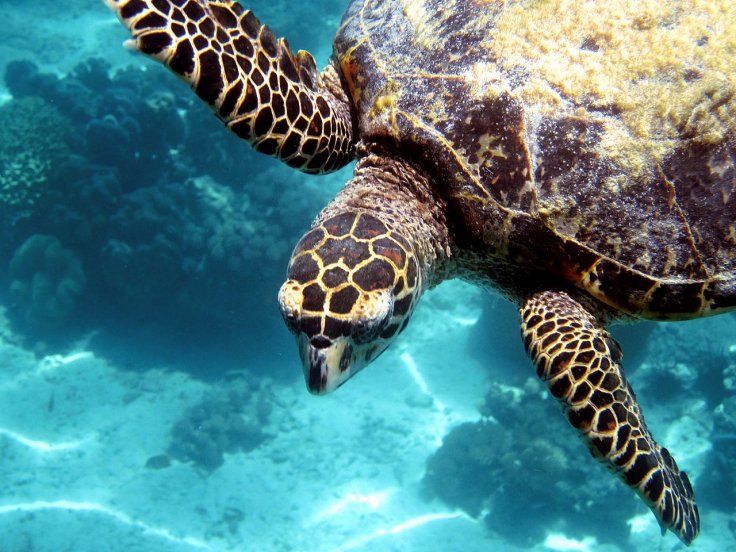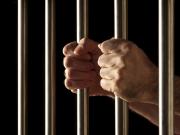
The National Parks Board (NParks) and Wildlife Reserves Singapore said on Friday that a hawksbill sea turtle that was rescued from a broken, unhatched egg was released back into the waters of Sisters' Island this week.
In a press release the agencies said that a microchip has been fixed to the healthy baby turtle so that it can be identified if it returns to Singapore's shores in future.
Last September, NParks employees found the broken egg was part of a clutch of eggs on one of the Southern Islands. The premature hatchling was barely alive and severely dehydrated.
The hatchling was handed to Wildlife Reserves Singapore (WRS), which started treatment for it immediately. It was provided with the necessary fluids and critical care was taken. After recieving the care, the hatchling had completely emerged from its egg by morning and weighed just 10g when it hatched.
The hatchling was raised on a diet of mussels, flower crab, shrimp, squid and fish and four months later, it tipped the scales at 500g. It was also provided with "live rocks", or ocean rock with algae and other micro-organisms, which is an essential part of a sea turtle's diet.
On Jan 3, a veterinary check showed that the turtle was healthy and well. Thus, the authorities decided to return it to the wild as soon as possible. The turtle was released on the beach at Sisters' Islands Marine Park, where it scurried into the sea and started swimming immediately.
Before making its way slowly towards the mouth of the lagoon, the turtle paddled around the shallow lagoon waters for a while. Finally, it went out to the open sea.
"The knowledge gained from the rescue and rehabilitation of the hatchling will contribute to our understanding of the critically endangered hawksbill sea turtle and help to guide conservation efforts," NParks and WRS said.
The agencies said that 18 sightings of the hawksbill sea turtle were recorded on Singapore's shores in 2017. According to reports, the number is nearly half the 43 sightings reported between 2011 and 2016.
NParks and WRS said that last year there were more than 500 successful hatchlings from seven separate hawksbill turtle nests.
On Tuesday, authorities said that more than 100 baby turtles hatched on a beach in Singapore before being released into the sea. This is great news for environment enthusiasts as the Hawksbill turtle is a critically endangered species.
The nest of these rare turtles was discovered in November in Sentosa, which is a popular resort island south of the Singapore mainland. Authorities erected a barrier after discovering the nest, to keep the turtles safe from predators.
The agencies advised the public that if they encounter a turtle, they should speak softly and keep their distance from it. Touching the turtle may scare or provoke it, and one should not also handle the eggs as it might damage them.









